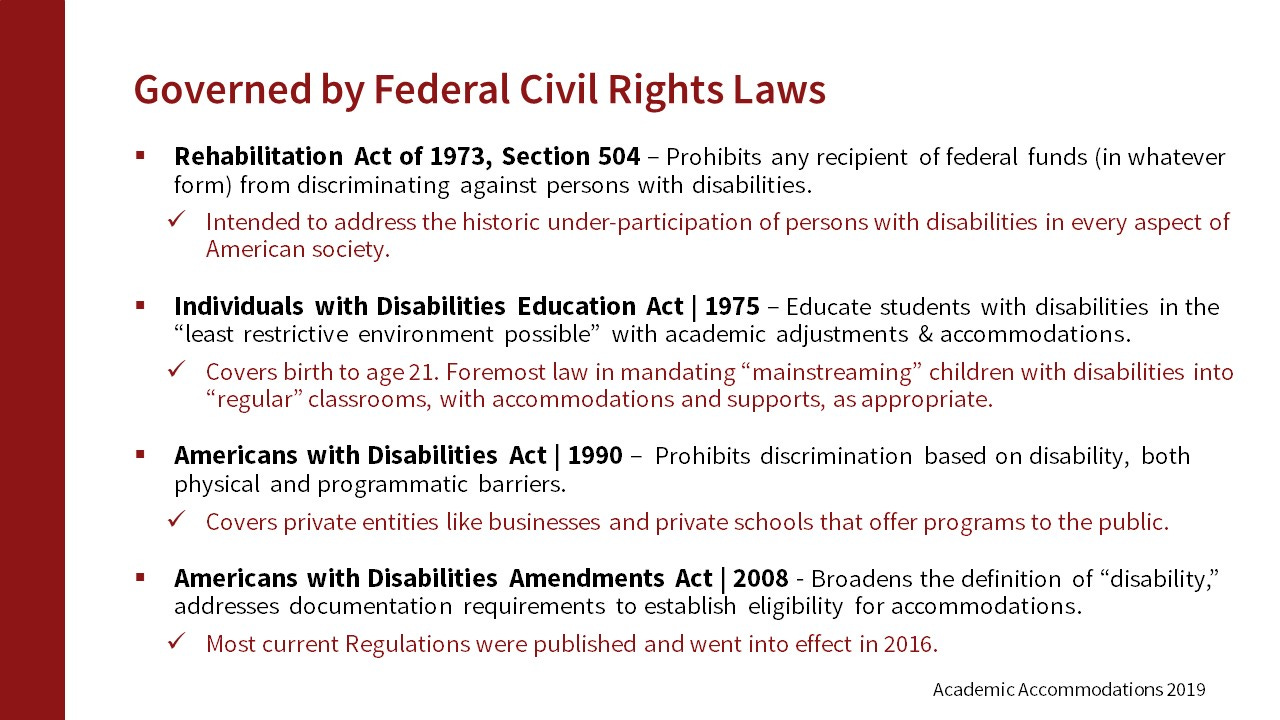You Find Motivation For Writing When You Least Expect It
A late-night check-in on Medium pushed most of my buttons.
When I decided to start writing online, I started with Medium. I haven’t written anything new there in months, and I am surprised that I keep getting new followers. Last night, I idly went to Medium on my phone and saw this article selected for me:
Accommodations by William Michael Williamson. It kind of flipped me out. It was ambivalent about using accommodations in school and the employment setting. Mr. Williamson has a hidden/invisible disability and says he was in school thirty years ago — even so, his knowledge about how accommodations work seemed limited. Even thirty years ago, the legal underpinnings of how academic and employment disability-related accommodations were to be administrated were far more sophisticated than Williamson presented.
I was further alarmed by some of the comments his article received, many of which essentially said that it is better to gut it out and not ask for accommodations — even if they will help you — because of the stigma and shame associated with disability and getting accommodations.
Why Am I So Surprised?
Over the years, as I have thought about the disability-related topics I could write about—knowledgeably—I have looked around the internet for the “comps”; comparable publications. I didn't see much information for lay readers except for memoirs and a few technical books for practitioners. Williamson's article had so many unintentionally incorrect assumptions that it was hard to know where to begin with comments.
Laws That Mandate Disability-Related Accommodations
The whole topic of disability-related accommodations is that, in one sense, they are commonsensical—wheelchair-accessible buildings, Braille signage, ASL interpreters. On the other hand, the minute you get into less tangible things, like extended time on exams, alternate schedules for work, alternate format materials—audio files of reading materials, or Braille, to name a couple—reduced courseload requirements per quarter, etc, some people can get twitchy. The law indirectly requires the instructor, school, or employer to think about the essential elements of the class or job and what are malleable.
Put another way, does it change the fundamental nature of the class if a student is given additional time to take the exact same test as everyone else? If their disability slows down their ability to read or write, and it has been determined by “experts” that an additional half hour per exam hour will mitigate their disabilities, does that alter the nature of the exam?
I could not make an all-inclusive list of accommodations because each disabled person’s situation must be analyzed individually to determine the most appropriate accommodations for that person. Appropriateness also looks at the original format or task and how it can be altered while retaining the original purpose or intent of the work.
It’s not Rocket Science… Is it?
Something like 75% of people with disabilities are either unemployed or underemployed. This is similar to the numbers before all of these laws were passed. (Happy National Disability Employment Awareness Month, btw!) The idea is that if you provide an appropriately accessible education to children and adults with disabilities, they will have the means to become employees and employers (!) and participate in the economy. Yes, and they will be taxpayers, too.
Who is served by stigmatizing the receipt of disability-related accommodations to the point where people are afraid to ask for them? Why are large employers with considerable Diversity, Equity, and Inclusion programs lagging in their services and outreach to their employees with disabilities?
Yes, a few people will try (and may succeed) in scamming the system and receive accommodations they really don’t need. At my former job, where I spent 28 years serving students with disabilities for both academic and campus housing accommodations, I would guess the “scam” rate was less than 5% consistently. The other observation I would make — just my opinion — is that the most severely disabled students asked for no more than they legitimately needed if that.
This is just an extremely high-level view of how this all works. If anyone would be interested in an article about a specific topic (service dogs vs emotional support animals?), please leave me a comment.
People are often tweaked about talking about disability, mainly if it is acquired or acquired as a feature of aging. People won’t use a cane or a wheelchair and would rather risk falling than “look crippled.” Grow up already!




Loved this, Teri. There is so much to learn about this topic. One thing I’ve been wondering about is, should I re-enter the workforce while still disabled, when is the right time to bring that up to a potential employer? Seems like after a job offer is made, maybe. But if the accommodation I need is around a flexible work schedule that allows me periods of rest, it feels like that might have to come to light sooner than the offer.
I am nowhere near ready for this, so no rush responding or posting about it. But I do keep wondering how I’ll handle that when the time comes. I’ve worked in my county for just about 20 years and have a lot of connections- people who might want to hire me just knowing my work, and who also know I’ve become disabled by long COVID. So it’s possible I could get work through folks who already know my situation, but what if it’s an employer who is new to me?
Thank you for sharing your deep knowledge here. So glad you started to write on Substack.
I live with multiple sclerosis and clinical depression and teach and tutor part-time in higher ed. I appreciate this a lot. Thank you.